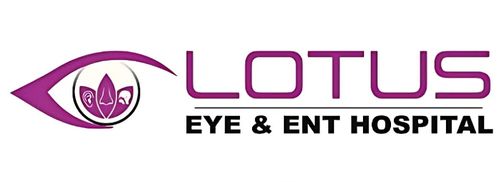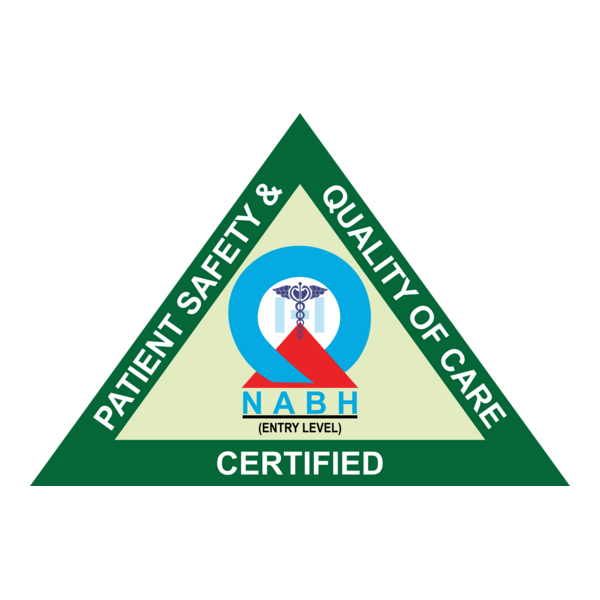Throat Infection Treatment
Definition
Throat infection treatment involves the diagnosis and management of bacterial, viral, or fungal infections affecting the throat. Common conditions include pharyngitis, tonsillitis, and laryngitis. Early and effective treatment helps relieve pain, prevent complications, and restore normal throat function.
Purpose of Throat Infection Treatment
To relieve sore throat, pain, and discomfort
To treat underlying causes such as bacterial or viral infections
To prevent spread of infection and related complications
To restore normal speech, swallowing, and breathing functions
To improve overall health and comfort
Types and Methods of Treatment
Medical Management
Antibiotics for bacterial throat infections
Antiviral or antifungal medications when indicated
Pain relievers and anti-inflammatory medicines
Supportive Care
Warm salt water gargles and throat lozenges
Adequate hydration and rest
Steam inhalation for symptom relief
Advanced Care (if required)
Tonsillectomy for recurrent tonsillitis
Treatment of abscesses or severe infections with surgical drainage
Endoscopic evaluation for persistent or chronic throat infections
Post-Treatment Care
Completing prescribed medications to avoid recurrence
Voice rest and hydration to promote healing
Follow-up consultations to monitor recovery
Preventive advice such as hygiene practices and avoiding irritants
Benefits of Throat Infection Treatment
Relieves pain, swelling, and throat irritation
Prevents complications like abscesses or spread of infection
Restores normal swallowing, speech, and breathing
Improves comfort, immunity, and overall quality of life


